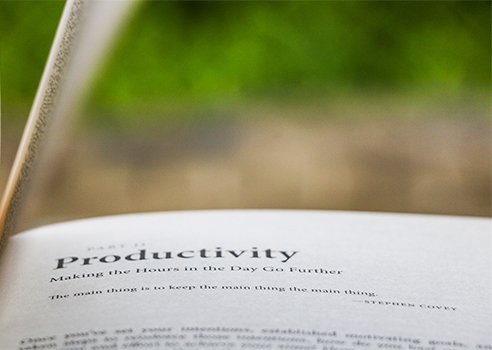Reading time: About 5 minutes
When the day ends, do you find you’ve run out of time for writing? Here’s how to be more productive…
I love August. My email drops by about 50% and my meetings by 75%. The entire world appears to have become like Paris — everyone’s gone on holiday at once.
I bet you think this decline in “busywork” would allow me to become ever so much more productive for my own writing projects, but it usually doesn’t. Why?
Time efficiency in the summer
Even though I’ve already had my holidays, I still have the summer “blahs” (why should I have to work right now when no one else is doing so?)
And, worse, my office is 29 degrees C — that’s a blistering 84 degrees for those who operate in Fahrenheit. My workspace is in a loft at the top of our house and because heat always rises, it’s easily the hottest place in the building. I live in a Pacific Coast city — Vancouver — that’s been more famous for its rain rather than its heat, so air conditioners haven’t been common here, until recently. (Note to self: get air conditioning for next summer.)
I could go to a different room, or outdoors, of course, but my monster-sized desktop computer is too big to haul around. (And I find working on my laptop only slows me down.) I also have chronic back pain, which I deal with by walking at a treadmill desk as I work. And you can’t exactly tuck a treadmill under your arm.
So, at times like this, I look for other ways to be devilishly more productive. Here are 11 tricks that work for me that might help you as well:
1-Allow yourself LESS time for writing
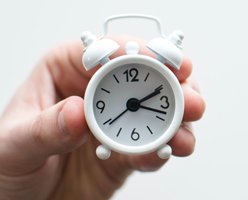
This is because you drop your standards. Instead of focusing on writing the “best” report, letter or email you suddenly become satisfied with just getting it done.
If you’re anything like me, you attack your in-basket like it has a grudge against you. You give each piece of paper a quick glance and then decide, immediately, what to do with it. You complete tasks instead of letting them linger.
Here’s why allocating less time works: When we give ourselves, say, 30 minutes rather than four hours, we learn to quiet the nasty devil sitting on our shoulders. Academics reading this post should pay particular attention to this tip. More time doesn’t help you stay productive. More focus is what does the trick.
2-Write first thing in the morning

But did you also know you have more willpower in the morning? We may be smart, accomplished and very hard workers. But we all experience decision-making fatigue as the day wears on. This happens even if the decisions aren’t overly serious (i.e.: what to eat for an afternoon snack, which route to take home from work).
Roy Baumeister, a social psychologist who’s made the study of willpower his life’s work, has discovered that even judges deal with willpower problems. Why stack the deck against yourself? Do your hardest work (usually writing) first thing in the morning.
3-Stand or walk while you’re writing
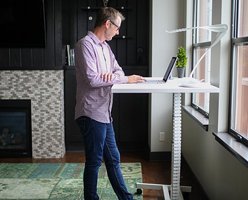
If you work long hours, you may fear that standing will only tire you, but the opposite is true. Standing not only gives us more energy but also a more positive attitude.
That treadmill desk I mentioned above? I love it, and I know it’s made me more efficient. And a better writer. (So many people ask me how I manage to walk and type at the same time. It’s easy. Go to a sporting goods store with your laptop in hand and try it yourself. Test a treadmill that has space for a computer, though. Not all of them do.)
4-Give yourself micro-goals

Anyone can do anything for two to five minutes. I know you’ll think you won’t be able to accomplish anything useful in such a small amount of time, but you can. I have coached people who managed to write works of 100,000 words starting with just five minutes a day.
Here’s how it works: Establish success with your micro-goal first and then gradually work up to 10 minutes per day. After that, you can move on to 15, 20 and 30 minutes. Once you develop a positive attitude towards writing, and establish the writing habit, you’ll no longer be crippled by fear.
5-Punish yourself for not writing

If you can’t persuade yourself to write, then pick a cause you really don’t like — could be a political party or a social issue about which you feel strongly — and promise to a friend, for accountability, that you’ll make a cash donation to this cause if you don’t get your writing done.
The “negative psychology” of a promise like this is vastly persuasive.
6-Write with pomodoros
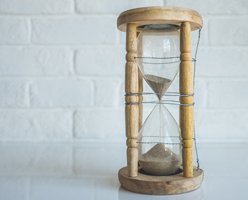
You can’t do anything else during these 25 minutes (no email, phone calls or web surfing) and you need a noisy timer ticking in the background. People often object to this last requirement, as I did initially.
Now that I’ve become a believer, I find the tick-tock to be one of the best tricks I’ve ever discovered for improving productivity.
7-Create a “don’t do it” list
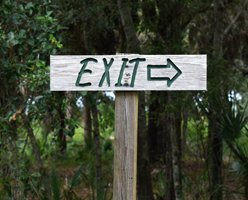
Many of us create elaborate “to do” lists every morning but really productive people focus just as intently on what they WON’T do. Why? As human beings we often default to easy tasks that don’t serve our more important goals. (I’m looking at you, email.)
Consider the important tasks and responsibilities and see which ones you can delegate or even abandon. Resolve not to waste your time doing things that won’t help your writing.
8-Check email and social media less often

Email, Facebook, X (previously known as Twitter), and Instagram are like hitting the jackpot — endlessly entertaining. These tools often give us “things to do” but — watch it — they are often time sucks that distract us from our more important goals.
See if you can check your email and social media less frequently. And, at the very least, turn off all lights and noises that signal you have new messages waiting to distract you.
9-Think about your writing while you’re doing something else

And to increase productivity, give yourself an assignment for your thinking time.
I spend at least 30 minutes walking in my neighbourhood every day. My job? To think about whatever I need to write that day.
10-Don’t be too easily available
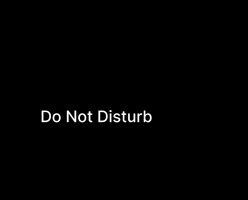
It’s surprising how easily this can happen, even in the summer. Friends or neighbours want to drop by for a lemonade or an ice cream and they assume that you must be on holiday, too, because, you know, it’s August.
Now if you are on holiday or cutting back your work hours to a reduced schedule, of course you shouldn’t work and you shouldn’t feel guilty about not-working. But if you actually need to get something done, create some “rules” that allow you to structure your day without too many interruptions.
My rule is I don’t answer the door or the home phone when I’m working. I’m even reluctant to answer my work phone when I’m in the middle of writing. While the thought of a potential client phoning may seem too delicious to ignore, I always remind myself that most clients won’t expect to reach me on the first try. And if I return the call within four hours, they’ll be impressed. You’ll be increasing your productivity if you can designate separate “writing hours” and “returning calls hours.”
11-Accept that you’ll never finish your ‘to do’ list
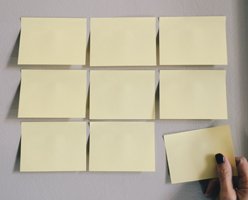
Your aim should be to use your list to identify what’s most important for you to do that day. If you have a monster-sized list then run a highlighter through it and identify the two to four items you must accomplish that day.
You don’t ever need to do everything. No one can do that. It’s just not realistic.
How to be more productive — for real
Developing better productivity habits is not a dark art. It’s not even terribly difficult. Just don’t let yourself drift through life going from one task to the next task. Instead, figure out what you want to accomplish. And use a small amount of time, daily, and simple adjustments to work on exactly that.
Productive people aren’t tightly wound or unpleasant. They’re just really good at staying focused on what they want to achieve.
This is a substantially updated version of a post that first appeared on my blog on Jan. 13/15
*
My video podcast last week addressed how to protect a book’s confidentiality. Go here to see the video or read the transcript, and you can also subscribe to my YouTube channel.
*
Need some help developing a better writing routine? Learn more about my Get It Done program. There is turn-over each month, and priority will go to those who have applied first. You can go directly to the application form and you’ll hear back from me within 24 hours.
*
What are your tricks for learning how to be more productive? We can all learn from each other so, please, share your thoughts with my readers and me in the “comments” section below. Anyone who comments on today’s post (or any others) by Aug. 31/23 will be put in a draw for a digital copy of my first book, 8 1/2 Steps to Writing Faster, Better. To enter, please scroll down to the comments, directly underneath the “related posts” links, below. Note that you don’t have to join Disqus to post. See here to learn how to post as a guest. It’s easy!

